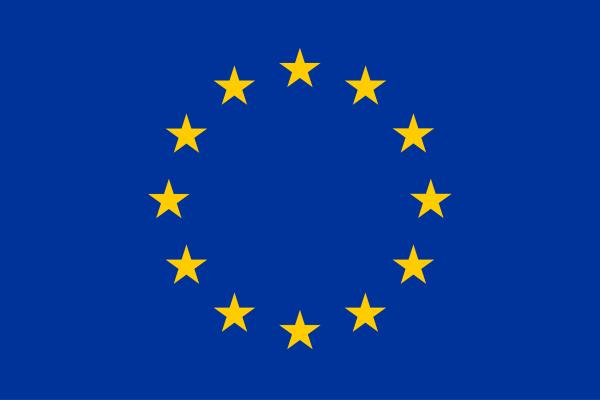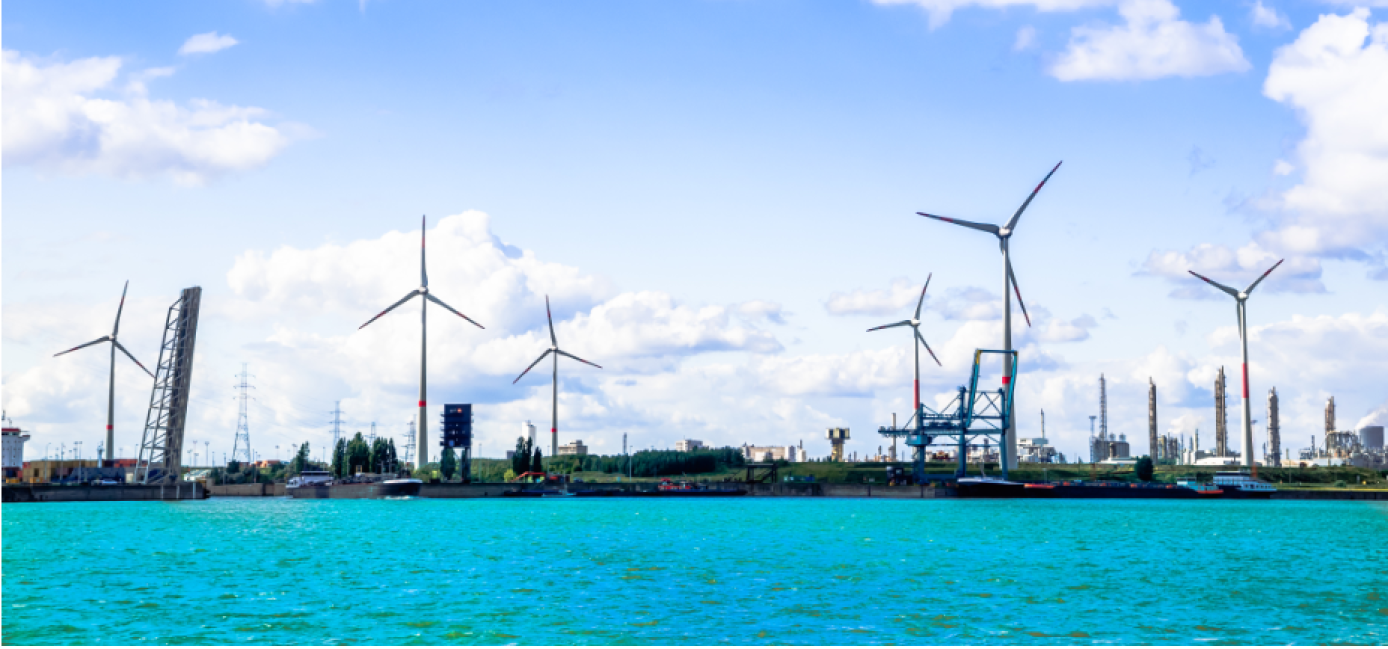
European Union takes important decisions for hydrogen
- Commission finally sets out rules for renewable hydrogen (“additionality”)
The European Commission has published long-awaited proposals setting out rules for green hydrogen production in the EU, with a phasing in of requirements for additional renewables to 2028 and monthly matching with contracted power until 2030 ahead of hourly matching. Below a few highlights of the new set of rules:
- To count towards a member state's renewable energy targets, from 2028 the renewable power used in hydrogen production must come from new production assets brought online no more than three years before the electrolyzer.
- However, member states will have the option of introducing stricter rules on temporal matching of renewables and hydrogen production from July 2027.
- The power must be generated in the same or a connected bidding zone, provided that the power used is not cheaper than in the bidding zone where the electrolyzer is.
- The transition period allowed first movers in the renewable hydrogen sector to be exempt from the additionality requirement until 2038, for installations commissioned before 2028, industry group Hydrogen Europe said Feb. 13.
2. EU to hold renewable hydrogen auction via the EU Hydrogen Bank(800 million)
The European Union has announced plans for a pilot EU auction which aims to boost renewable hydrogen production in the union. The pilot is part of the EU’s broader Hydrogen Strategy – under which green hydrogen has been cited as a key priority for the EU to achieve the European Green Deal and help Europe’s clean energy transition. More specifically, this auction is the first action of the EU Hydrogen Bank that was announced last year.
The European Commission has announced that, this autumn (2023), it will launch an auction which will support renewable hydrogen production within the EU, in a move which has been compared to the US production tax credit under the Inflation Reduction Act.
The scheme will offer auction winners a fixed premium for every kilogram of renewable hydrogen produced over the next ten years, in a bid to cover the extra cost for consumers in buying renewable hydrogen instead of non-renewable hydrogen or natural gas, which are traditionally cheaper energy sources.
The EU Innovation Fund has committed an initial €800m, with the precise terms and conditions of the auction expected to be announced in June.
3. Commission proposes emissions targets for new city buses and trucks
The European Commission has proposed ambitious new CO2 emissions targets for new heavy-duty vehicles (HDVs) from 2030 onwards. These targets will help to reduce CO2 emissions in the transport sector - trucks, city buses, and long-distance buses are responsible for over 6% of total EU greenhouse gas (GHG) emissions and more than 25% of GHG emissions from road transport. These strengthened emissions standards would ensure that this segment of the road transport sector contributes to the shift to zero-emissions mobility and the EU's climate and zero pollution objectives.
The Commission proposes phasing in stronger CO2 emissions standards for almost all new HDVs with certified CO2 emissions, compared to 2019 levels, specifically:
- 45% emissions reductions from 2030;
- 65% emission reductions from 2035;
- 90% emissions reduction from 2040.
To stimulate faster deployment of zero-emission buses in cities, the Commission also proposes to make all new city buses zero-emission as of 2030.

